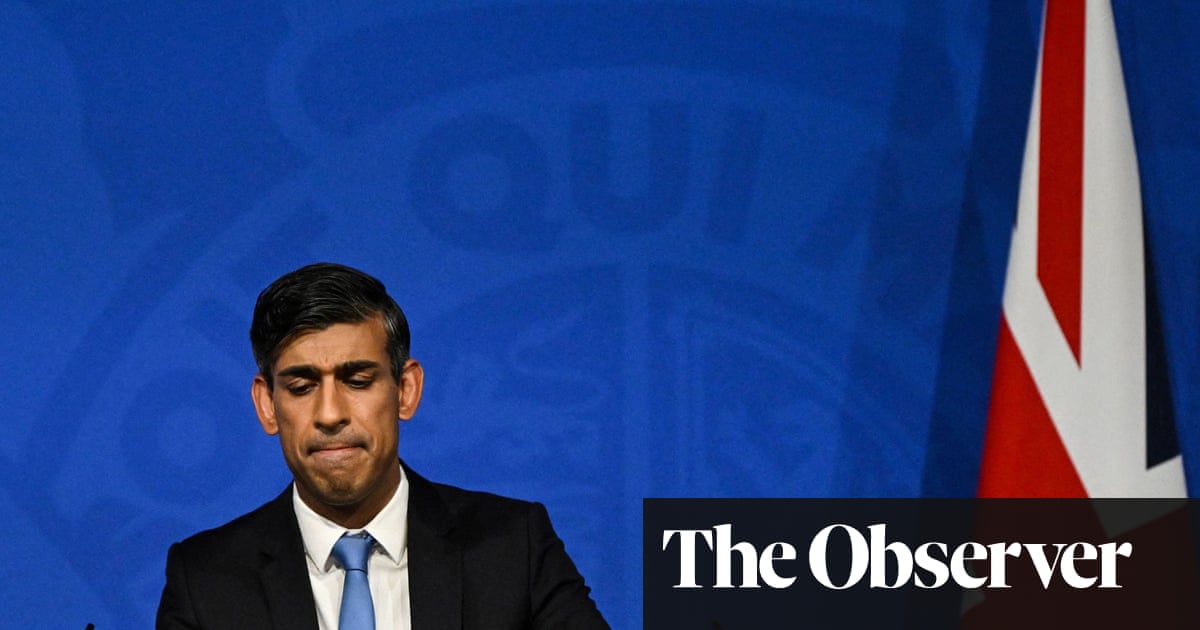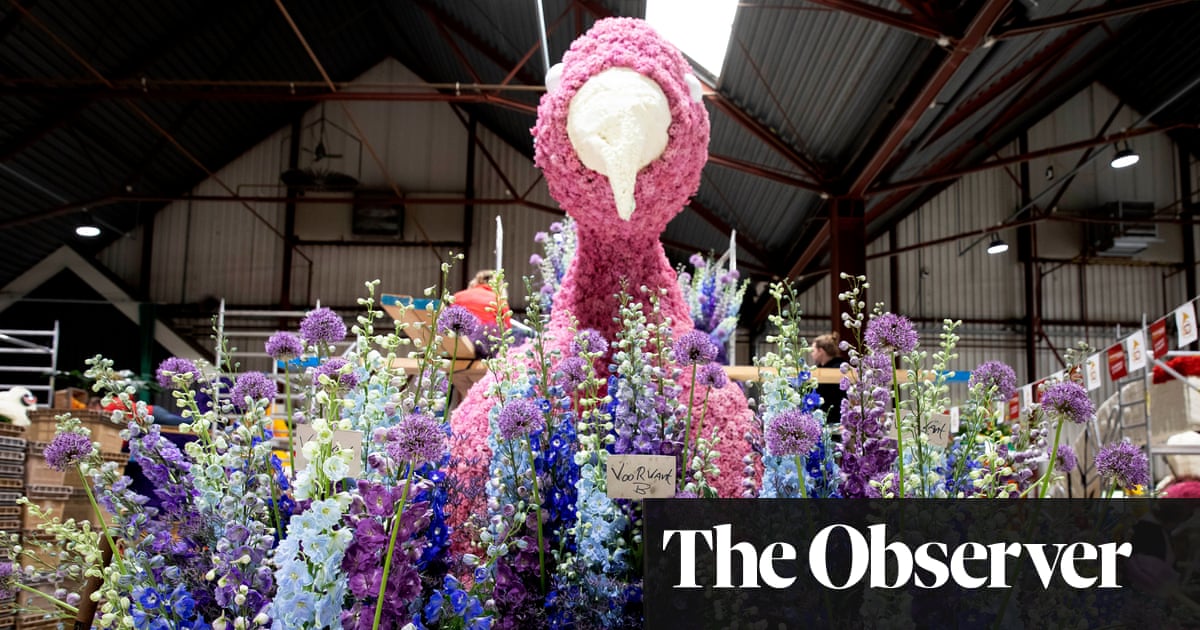The BBC nature presenter Chris Packham has joined hundreds of environmental activists in a mock funeral procession for nature to spotlight biodiversity loss in the UK.
The procession aimed to sound “code red for nature” and highlight the UK’s position as “one of the most nature-depleted countries in the world”, organisers said. It was planned to coincide closely with Earth Day on 22 April.
Starting from the Percy Centre on New King Street, “mourners” at the Funeral for Nature procession made their way to Bath Abbey.
Packham, who delivered a eulogy at the protest, said he and fellow “mourners” were there to “scare people a bit” about the state of the natural world, and the “anarchy” we may face if we continue on this path.
Before the procession, he uploaded a photo to X of himself and wildlife TV presenter Megan McCubbin dressed in black. Packham said: “Biodiversity collapse is accelerating worldwide, but there is an alternative.
“If the political will existed we could restore nature at landscape scale. We must restore nature now.”
Members of the Red Rebel Brigade, wearing red outfits and white face paint, are part of an international troupe whose members protest through performance art pieces.
Saturday’s procession of 400 Red Rebels was the largest gathering so far, five times more than ever before, organisers said. Hundreds of “mourners” also attended, dressed in black.
On the Code Red for Nature website, which gave information about the event, people were told to come dressed in black, including shoes.
Guidance on the page also urged people not to bring banners or placards because the “visual look” of the procession is “part of the strategy” of helping to raise awareness.
It said: “Please come dressed completely in black, including footwear … No banners or placards please. This will not be a protest. The uniform visual look is very much part of the strategy.”
In a speech, Packham said some of the UK’s wildlife and habitats were in a “last stand situation” and urged people to “act more forthrightly and boldly, bravely, now” in calling for the government to shut down fossil fuels and transition faster to renewable energy.
“It’s time to fight for nature,” he said. “I guess we are here to say to people: do you really want to wait until you’re attending the real funeral for nature, because it’s coming fast.”
Packham said that the UK needed to “address our biodiversity” and ensure we have “sustainable ecosystems in the future” in order to avoid “anarchy”.
He added: “It’s not like we don’t have a toolkit to restore, recover, repair and reintroduce nature. We do but we’ve just got to get on with it … I guess we are here to scare people a bit.”
Organisers cited the 2023 State of Nature report on the UK’s biodiversity, which found that 43% of UK bird species were in decline and 97% of wildflower meadows have disappeared since the second world war. They warned we are “entering the sixth mass extinction event”.
Orders of service were also handed out to onlookers and contained information about nature’s decline.
Rob Delius, one of the organisers, said: “The intention is to send a powerful SOS message for nature by creating a visual spectacle that will in equal measures shock and inspire onlookers.
“The UK has sleepwalked into this nature crisis and the fact that we are now one of the most nature-depleted countries in the world simply isn’t being talked about enough.
“We want the processions to create a talking point and for the public to be moved to demand that the government, local authorities, landowners and businesses urgently do more to restore biodiversity.”


